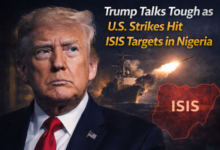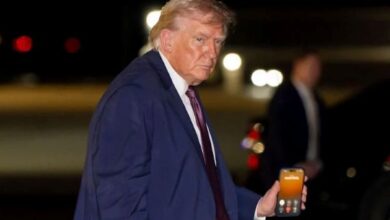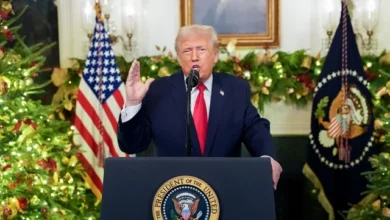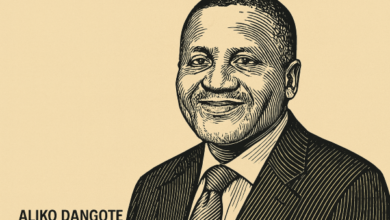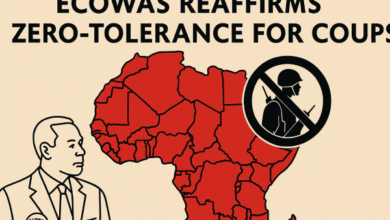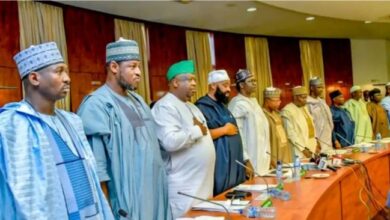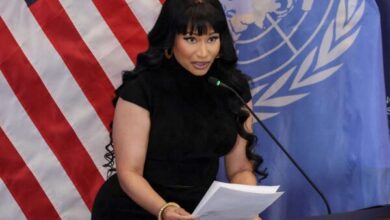“With our victory, Nigeria will have a new beginning” – Peter Obi
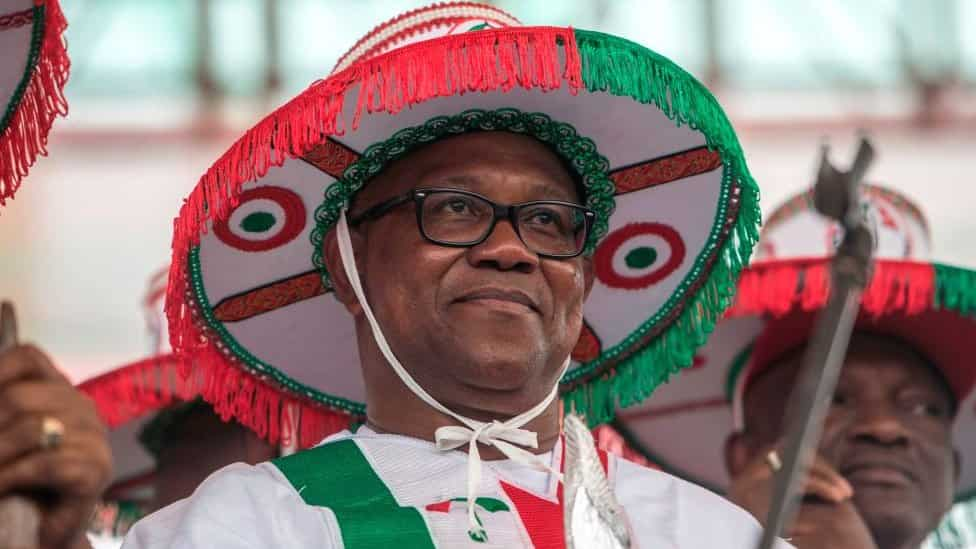
The Presidential Candidate of Labour Party (LP), Mr Peter Obi, on Saturday said LP victory in the 2023 Presidential election on Feb. 25, would mark the beginning of a new Nigeria.
Obi, in company with his running mate, Dr Datti Baba-Ahmed, other candidates and party chieftains, said this at the party’s Mega Rally at Tafawa Balewa Square (TBS), Lagos.
The former Anambra governor said he was bound by all the promises made to Nigerians and would not renege on them if elected.
“I want you to take what we are promising you because for too long in this country we have allowed people to come, tell us one thing and when they get to office, they do another thing.
“We can no longer take it, you either do what you tell us or please leave our office.
“Please, go out on Feb. 25, look for LP, vote them, stay there until they count the votes. Once we win elections, that is the beginning of a new Nigeria,” he said.
Obi decried the rising insecurity, poverty, joblessness, consistent industrial strikes, fuel scarcity, suffering and economic hardship.
“Datti and I, are promising you that we will secure and unite Nigeria.
“We will ensure that when we start, after some years, no Nigerian will say I am from the West, East, North, South, but be proud to say we are Nigerians.
“We assure you that we are going to work hard to push out poverty and ensure our youths are employed. We will remove this country from consumption to production.
“Lagos will remain the centre of our finance and excellence. Nigeria has all it needs to be a great country,” he said.
Obi said that Nigeria had been designed to be a great country, but for bad leadership and governance.
He said that their administration would ensure rule of law and orderliness.
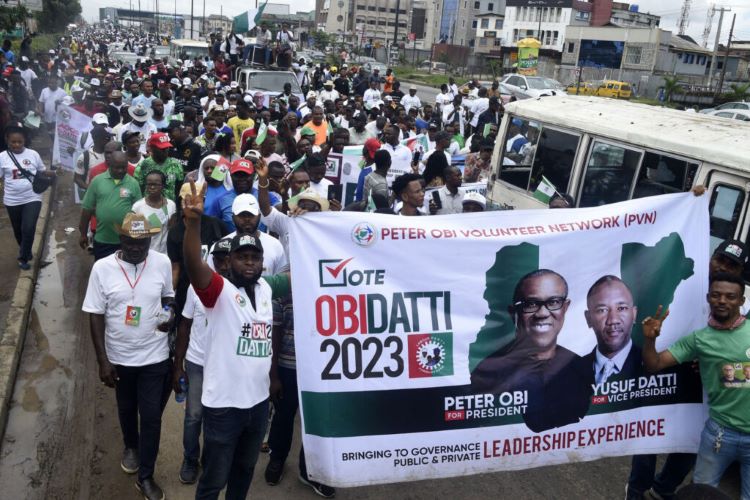
The LP Presidential candidate said that they would create an enabling environment that would spur investments in oil and gas, adding that there would be no room for anybody to steal Nigeria’ s oil again.
He said that farmers and youths would be supported, while ensuring that all uncultivated land in the North would be invested in, through agriculture.
According to him, their administration will use food production to drive down inflation in the country through exports.
“I am begging you the youths, support what we are doing. This is the beginning of youths and women development,” he said.
Obi assured that there would be freedom of the press and end to harassment by security agencies.
“Police will not harass anybody. They will be your care because we are going to improve policing. They will do the work of policing.
“For all those who are victims of police brutality, we will apologise and make sure it does not happen again,” he said.
Obi urged the youths to vote for LP, saying that the party would care for Nigerian fathers, mothers and their children.
In his remarks, Baba-Ahmed, who expressed confidence in the fortune of the party in the forthcoming elections, urged all Nigerians to wake up and unite to take back their country by voting for Obi.
“Join us to take back Nigeria. The only winner of the 2023 election is the Labour Party. We are ready to lead Nigeria to the great heights,” he said.
Baba-Ahmed described Obi as an examplary leader, a shinning example and an international super star, Nigerians were waiting for.
“From the day we are declared winners, we shall stop the killings and start the healing, we shall stop the stealing and start the keeping,” he said.
Speaking, Pa Ayo Adebanjo, Leader of the Pan- Yoruba Socio-cultural Group, Afenifere, said that fairness and justice demanded that the next President of Nigeria comes from the South East, where Obi hails from.
Adebanjo urged Nigerians to think of their children and vote Obi as candidate with capacity to build the country.
“It is in your hands. It doesn’t concern me. It is those of you standing that I pity.
“Go and vote.
“When you vote, guard your votes because no one with power will want to lose it easily,” the nonagenarian advised youths.
Mr Julius Abure, the National Chairman of LP, who appreciated the teeming Obi’s supporters, urged the youths to take advantage of Obi in the race to create a future they wanted for themselves.
“Take advantage of this opportunity. This is the first time that we can find all tribes coming together to unite behind a candidate. We must take our destiny in our hands.
“You destiny is in your hands. Go out and vote out injustice and hunger,” Abure said.
The event, which brought together teeming supporters of Obi, especially youths, had various artistes, activists and other groups in attendance.





